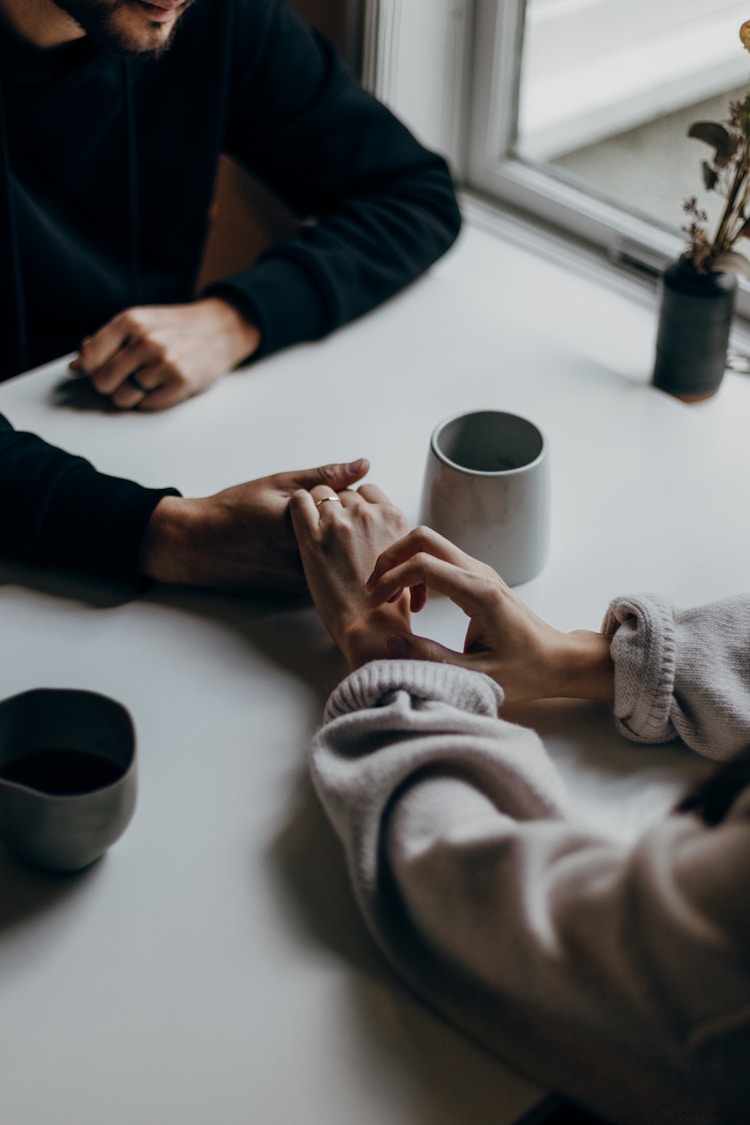Reference:
Crevier, M. G., Marchand, A., Nachar, N., & Guay, S. (2014). Overt social support behaviors: Associations with PTSD, concurrent depressive symptoms and gender. Psychological Trauma: Theory, Research, Practice, and Policy, 6(5), 519-526.
How might partners, friends, and professionals, better support someone recovering from trauma?
Canadian researchers investigated how social support behaviors affected the psychological well-being of individuals who have experienced trauma. Researchers videotaped the overt support and counter-supportive behaviors of 48 women and 20 men with PTSD and their partners (e.g., their spouse, a family member, or a close friend) in conversations about their traumatic experiences. They analyzed the differences between men's and women’s support.
Results? Women were less likely to suggest positive solutions and did not come up with as many ideas to help their partners solve their trauma problems. Men were more engaged and less likely to criticize their traumatized partners during these conversations. In contrast with men, women who had both PTSD and depression had more difficulty communicating with their partners, not talking openly and effectively about their thoughts and feelings.
Women, who’ve experienced trauma, share your feelings and needs, especially if you feel depressed. Ask your partner for the support you need. Men! Ask your partner to give you needed support if you’ve had trauma. If they have had trauma, ask how to support them. Everyone! Give your partner hugs!
Written by Jarret Bain B.S.

